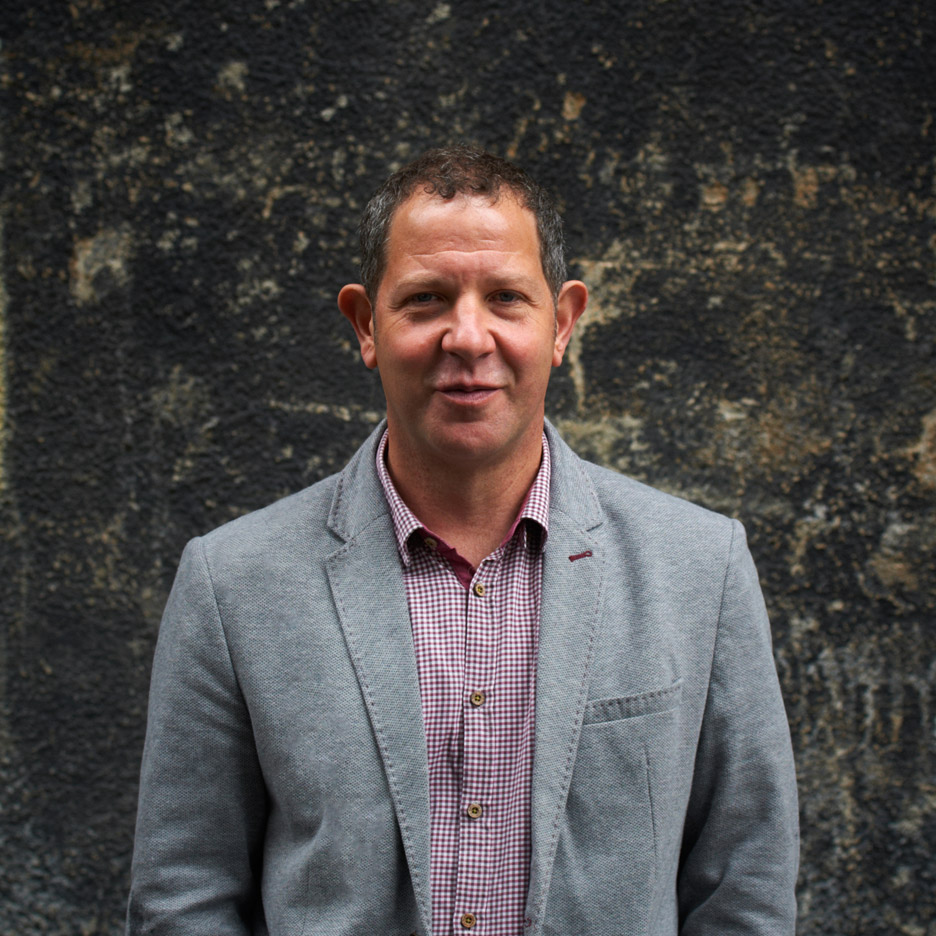Creative Industries Federation plans urgent Brexit crisis events
Brexit crisis: the Creative Industries Federation is organising a series of emergency sessions to prepare the UK's design sector for Brexit, saying "if it is going to happen, we need to mitigate the consequences".
Creative Industries Federation (CIF) chief executive John Kampfner told Dezeen that the body wanted to help creative businesses come to terms with the implications of the vote to leave the European Union and prepare for the consequences.
"The arts and creative industries overwhelmingly did not want to leave Europe," he told Dezeen.
"But if it is going to happen, we need to mitigate the consequences and try to create a new framework for future growth and success."
The countrywide series of events, starting on 7 July 2016, will take the form of closed-door working groups aiming to decide on a course of action for the industries.

"We thought it was more important than ever for everyone to work together to make sure that the importance of our amazing creative industries and how they operate is properly understood by government and forms part of the thinking as the UK embarks on the process of withdrawal from Europe," said Kampfner.
Ahead of the referendum, 96 per cent of CIF's members indicated they would be voting to remain in the European Union.
CIF is an independent body that represents the interests of the UK's broad creative sector. Membership is open to workers from the fields of arts, design, architecture, heritage, advertising and creative education, among others.
Members are being invited to collaborate on hosting and planning CIF's Brexit response events, the first of which will be held at London's King's College on 7 July 2016.
The event series aims to provide a practical, "sleeves-rolled-up" forum for these industries from to combine perspectives in planning a path forward.
"The aim of the meetings we are going to hold with our members is to offer information, seek solutions and establish priorities," Kampfner continued.
"[CIF will] make sure that all the issues raised by our members as causes for concern – access to funding and to markets, IP, copyright protection, freedom of movement of talent and so on – are addressed in all future negotiations."
Since the referendum, lawyers have warned that European Union design and trademark rights may no longer apply to the UK, while doubts have emerged about whether the UK will continue to be part of the Erasmus student exchange programme.
The creative industries in the UK grew at almost double the rate of the economy overall in 2014, according to a report from the Department of Culture, Media and Sport.
These industries are now worth £84.1 billion per year to the UK, and CIF intends to leverage those numbers to gain favourable outcomes for the sector from budget and trade negotiations.
The organisation has commenced talks with Whitehall departments, the Scottish government and the London Mayor's office in response to the referendum result.
CIF was started 18 months ago by designer, philanthropist and London Design Festival co-founder John Sorrell, who now serves as chair.
It will continue its event series across the UK's regions until mid-September, when the UK's new government will be formed.
Creative industries workers interested in contributing or finding out more information on the events are invited to do so through the CIF website.